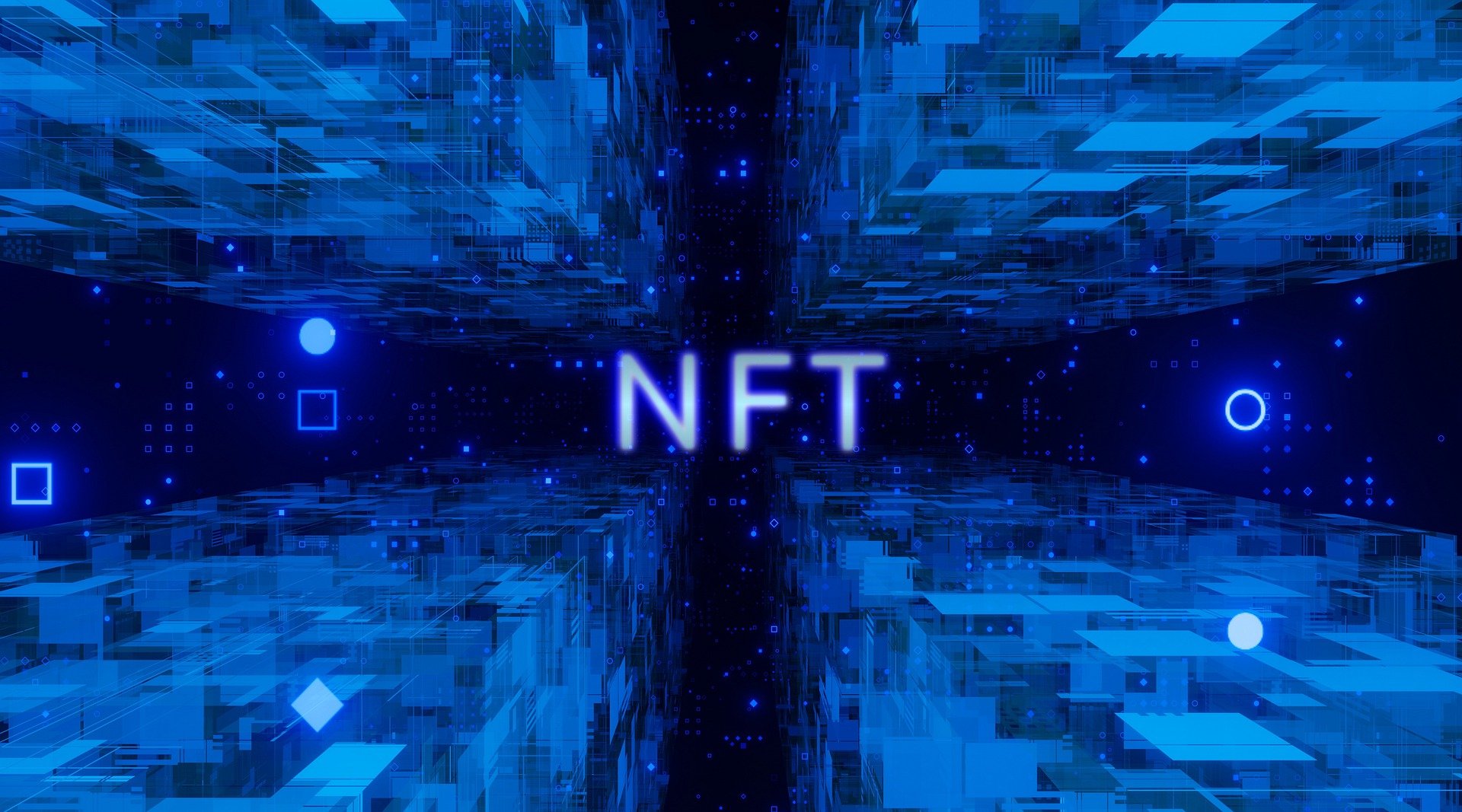NFT and market evolution
NFT and market evolution
NFT and market evolution
NFT and market evolution
NFT and market evolution
NFT and market evolution
NFT and market evolution
NFT and market evolution
NFT and market evolution
NFT and market evolution
NFT and market evolution
NFT and market evolution
NFT and market evolution
NFT and market evolution
NFT and market evolution
NFT and market evolution
NFT and market evolution
NFT and market evolution
NFT and market evolution
NFT and market evolution
NFT and market evolution
NFT and market evolution
NFT and market evolution
NFT and market evolution
NFT and market evolution
NFT and market evolution
NFT and market evolution
NFT and market evolution
NFT and market evolution
NFT and market evolution
NFT and market evolution
NFT and market evolution
NFT and market evolution
NFT and market evolution
NFT and market evolution
NFT and market evolution
NFT and market evolution
NFT and market evolution
NFT and market evolution
NFT and market evolution
NFT and market evolution
NFT and market evolution
NFT and market evolution
NFT and market evolution
NFT and market evolution
NFT and market evolution
NFT and market evolution
NFT and market evolution
NFT and market evolution
NFT and market evolution
NFT and market evolution
NFT and market evolution
NFT and market evolution
NFT and market evolution
NFT and market evolution
NFT and market evolution



